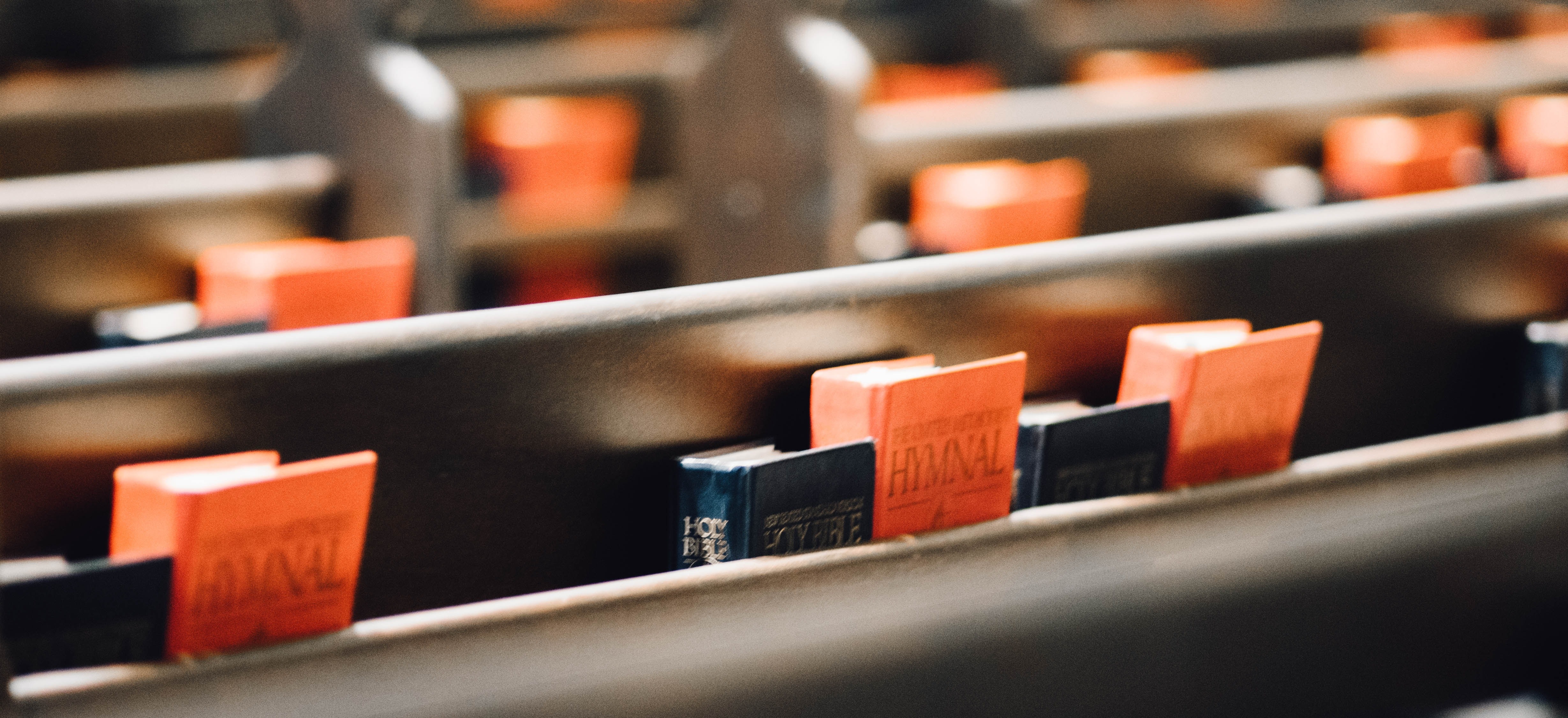It is easy to think of an enemy as someone who would do evil to you.

Much of the time, the common saying, “You are your own worst enemy,” is very true. What does it mean that you could be your own enemy? Well, it can mean many things. But in a general sense, we can understand it to mean that, from time to time, we are all authors of attitudes and actions that are self-destructive. And, this is where unconditional love becomes so easy to understand. There are a great many things about myself, things that only God and I know about, that are detestable – things that I hate. But I do not hate myself because of these things. The very reason I hate all of the self-destructive things about myself is because I love myself. I love myself unconditionally. Therefore, true love is the pursuit of purification – the purging of worldliness. This is holiness.
But, what if I cease to hate my own evils? What if I no longer hate the “world” within me? Then I cease loving myself. Then I become the enemy of God. James tells us that “whoever therefore wants to be a friend of the world makes himself an enemy of God" (4:4). This includes the “world” within.
Likewise, loving the worldliness in our neighbor is hating them; hating the worldliness in them is loving them. If, then, I do not hate the things about a person that would lead to their own destruction, am I loving them, or regarding them as an enemy?
It is easy to think of an enemy as someone who would do evil to you. But there is another kind of enemy – the man who would choose NOT to do good to another. Even in fiction, the most evil are the ones who could prevent death and destruction, but stand idly by, indifferent to it. These are the ones we regard as real monsters, heartless and coldblooded: the one who withholds water from the thirsty man in the desert; the one who does not offer the antidote to the one poisoned; the one who could save the unconscious person from drowning or being burned alive. And yet, the exact opposite of this monster is described in Jude 23 as the one who saves, "pulling them out of the fire, hating even the garment defiled by the flesh."
Being friendly to the worldliness in someone is actually being their enemy. To love someone unconditionally is to hate every self-destructive aspect of their life. Jesus tells us to love our enemies (Matt. 5:44; Lk. 6:35). This doesn’t mean simply to overlook all of the evil they have done to me. It means that I must love my “friends” enough to hate the evil within them. As long as I refuse to confront the seeds of death within others – those who I don’t even think of as enemies – I ever relegate them to the “enemy list,” because I choose to be the real monster who stands by with a friendly grin on my face, while their spiritual lives go up in eternal flames.
-Cary Gillis D.Min. November 3, 2019
The Real Monster













